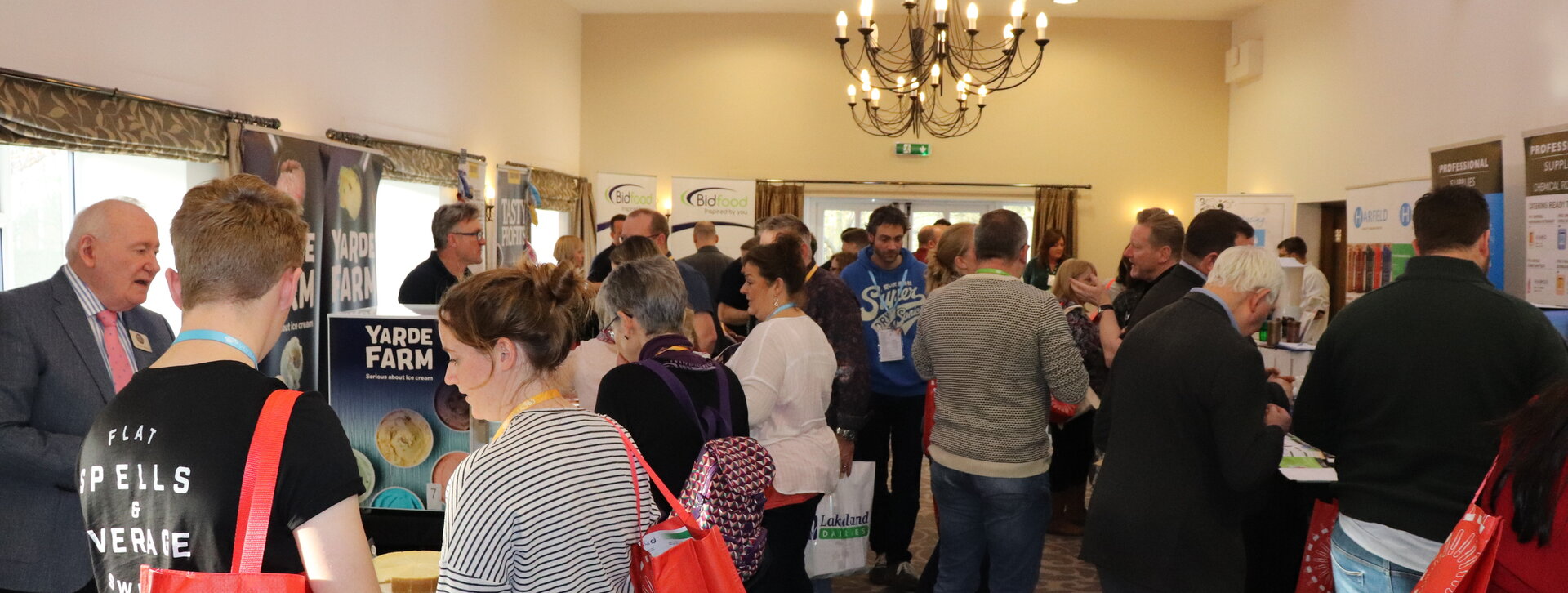Firstly, please let me express my sincere thanks for your patience and forbearance throughout 2021, which turned out to be a year marked by significant supply shortages alongside very volatile demand levels, as well as wave upon wave of challenges. For example with fuel supply, CO2, HGV drivers and of course cost to serve and food inflation.
Many of you have expressed to us that you find these updates helpful and timely, and that you appreciate regular communications about the supply situation across our industry, and the context to any fluctuations in availability or service levels.
At present, I can share the good news that stock availability has returned to almost pre-pandemic levels and we are seeing in-bound supply levels at close to 99%. This means that stock availability to our customers is also tracking at just under 99%.
There are still some instances of supply issues with a small number of products, but these are less frequent and less prolonged. This is due to the fact that some suppliers are still building stock levels on products that they were not able to fully replenish after previous lockdowns, because of the massive increases in demand that happened when restrictions were lifted.
Lockdowns also caused delays in production line maintenance, which in turn gave rise to production problems that hampered supply last year. And, of course, Covid-19 caused high staff absence levels at some manufacturer sites, although as isolation timescales reduced, we have seen their impact diminish.
Whilst we are still seeing challenges with driver shortages across the industry, this too has eased somewhat as many businesses, including our own, have had success recruiting new drivers and the backlog has reduced at HGV testing centres.
CO2 update
I wrote to you last September about the shortage of CO2 in the UK market, which at the time was very much in the news because of its impact on food supply- particularly on poultry, meat and soft drinks. At the time, we conducted a full evaluation of the potential effect on our own supply chain to establish which products were at risk and to put in place actions to mitigate any supply shortages.
The situation then was caused by the significant increase in energy prices, which resulted in the halting of production at two fertiliser plants which account for over half of the UK’s CO2 production. At the time, the government stepped in to provide short-term financial support for one of these producers, CF Fertilisers. Since then they have put in place an agreement from 1st February, to ensure UK businesses have access to a sustainable supply of CO2 whilst global gas prices remain high. However, with the current volatility in energy prices, many argue that there remains a level of uncertainty over CO2 supply in the future, and that across the food supply chain businesses should remain vigilant.
At Bidfood our team have been closely monitoring the situation and by way of an update:
Our soft drinks and fresh meat suppliers have confirmed that CO2 supply remains secure and that they do not anticipate any shortage in the medium term, so long as the government’s deal remains in place. They are continuing to evaluate the supply chain, including alternative sources, in case there should be the need to take any further exceptional steps in the future.
CO2 is also used across our sites within our refrigeration plants. To mitigate any risks here, we have gas stored at each site, or at our key suppliers, and therefore we are not experiencing any issues currently, nor do we expect any shortages to impact us in the near future.
The situation in the Ukraine
Another area which has been in the news, and which has given rise to questions from one or two of our customers, is the situation in the Ukraine and any potential impact on supply should it deteriorate. The Ukraine is a key producer of wheat and oils and I can confirm that further to consultation with a number of suppliers, we do not foresee any immediate risk to our supply chain on these commodities, however we are monitoring the situation closely.
Going forwards, we anticipate only minimal risk to availability. For example, most rapeseed for crushing comes from Australia at the moment, however sunflower oil could present a potential issue. There is more of a risk of prices firming, should the sentiment in European markets shift as a result of any escalation into conflict resulting in sanctions. There is also the possibility that energy prices too could be affected, which have the potential to affect production and operating costs.
As ever, we will keep you fully updated as further information becomes available. Please be assured of our continued commitment to ensuring the highest levels of service to you and your team in the present circumstances.
Jim Gouldie
Supply Chain and Technical Services Director

